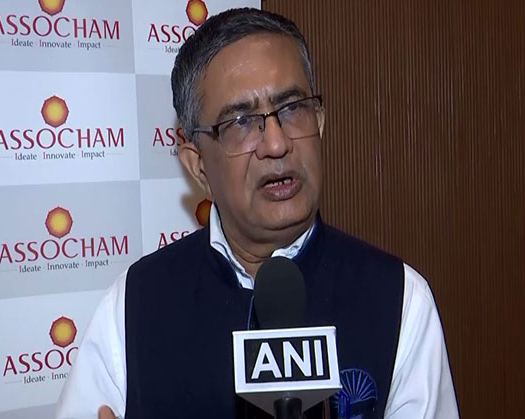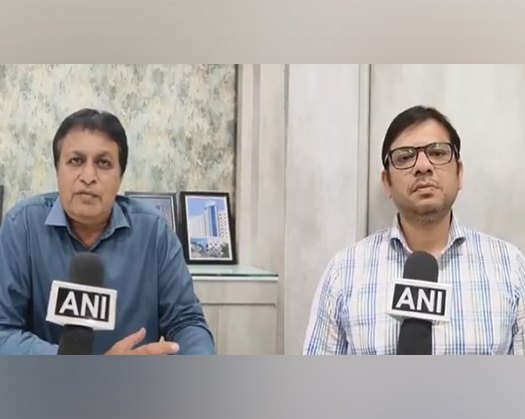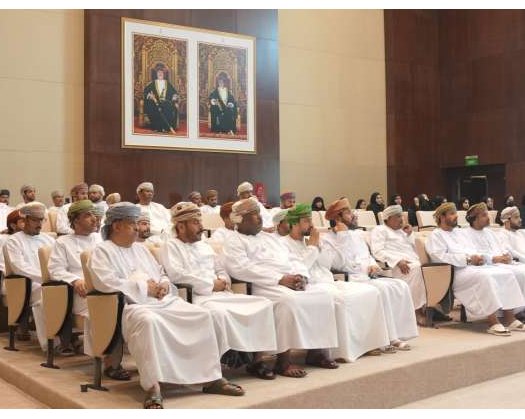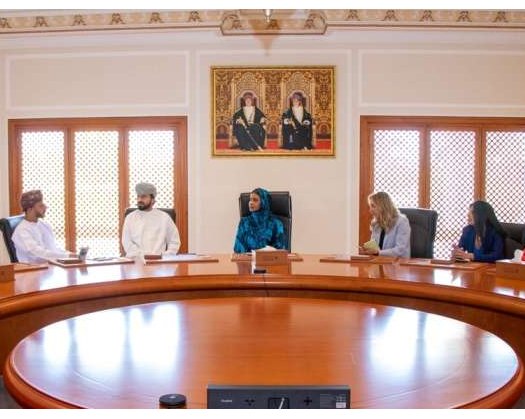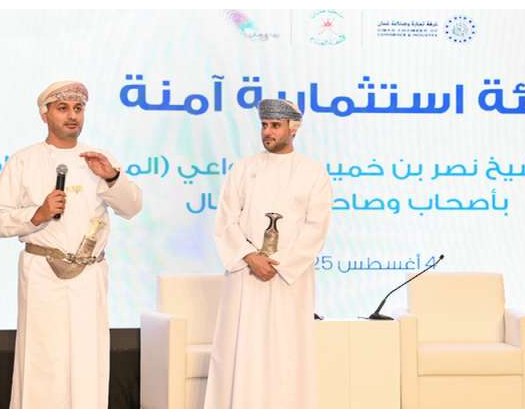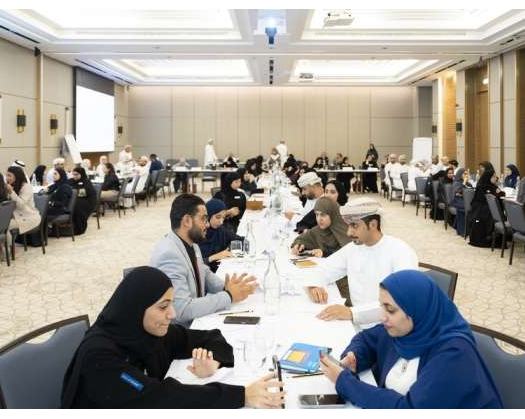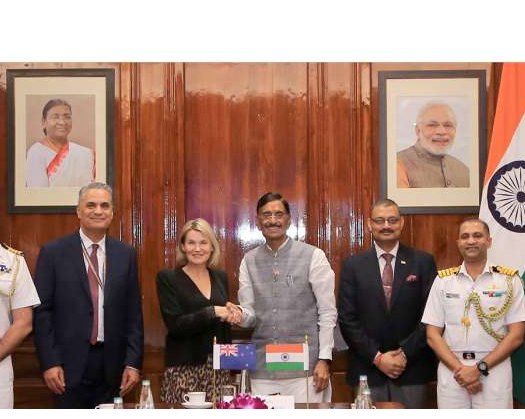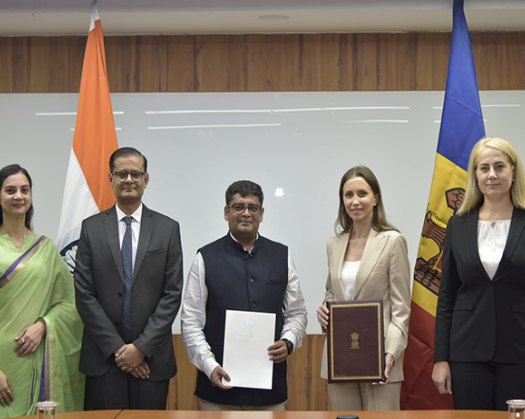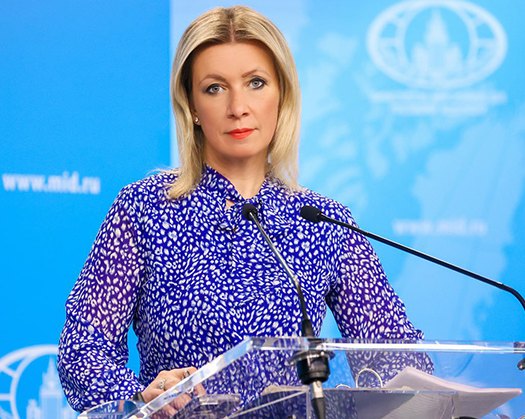New India: According to National Stock Exchange (NSE) Managing Director and CEO Ashish Kumar Chauhan, Indian retail investors, both directly and through mutual funds, have held more money than Foreign Portfolio Investors (FPIs) for the previous 20 years.
The number of stock market investors in India has grown rapidly over time as more people establish a presence in the capital markets.
For the first time in the last 20 years, retail investors held more than Foreign Portfolio Investors (FPIs), either directly or through mutual funds, according to Chauhan, speaking to ANI on the sidelines of the 16th ASSOCHAM Capital Market Conference.
He also noted that there were fewer than 10 lakh investors in 1994 when the NSE began, but now there are over 11 crore investors in India, representing a 110-fold rise in three decades.
We have merely scratched the surface in some ways. We need to go deeper and reach a point where India can fund its own development. According to Chauhan, retail investors have had more clout in the markets during the previous two decades.
Chauhan believes that India has barely touched the surface and is destined to fund its own development as its financial markets deepen.
It indicates that India's retail investors have more faith in the Indian economy, he added.
India, according to Chauhan, has its own strength and will continue to expand at one of the fastest rates in the next few years, according to numerous research.
India is an outlier in the current global situation, he said, alluding to the new US administration's tariff policies.
India has created the opportunity. We were not excellent at production previously. However, individuals who want to relocate from China now view India as a viable option. Many large corporations, including Apple and Samsung, have relocated their manufacturing to India because their supply chain is regarded as extremely complex, according to him.
India, which was formerly recognized for its strong services industry, is now making inroads into the manufacturing sector, according to Chauhan.
When asked about the status of the NSE IPO, Chauhan stated that they have sought a No Objection Certificate (NOC) from the SEBI.
To prepare our DRHP (Draft Red Herring Prospectus), we need an NOC from the regulatory agency SEBI. We've begun the process by applying for the NOC. When they make a decision. If they approve it, we will be able to create our DRHP, Chauhan said.
After that, whatever time it takes to clear it (the DRHP) is beyond our control. But all I can say is that the process has begun, he added.
In late 2016, NSE filed the draft red herring prospectus for its Initial Public Offer (IPO) with the market regulator SEBI, aiming to raise an estimated Rs 10,000 crore. However, the proposal did not go through due to many difficulties raised by the market regulator, including a planned colocation complaint against NSE's previous officers.
SEBI recently dropped proceedings against the NSE in numerous ongoing cases involving its former officials in the colocation case. This was viewed as the end of the road for the much-anticipated IPO of the major exchange.
BSE, an NSE rival, was listed in 2017 and became India's first publicly traded stock market.

